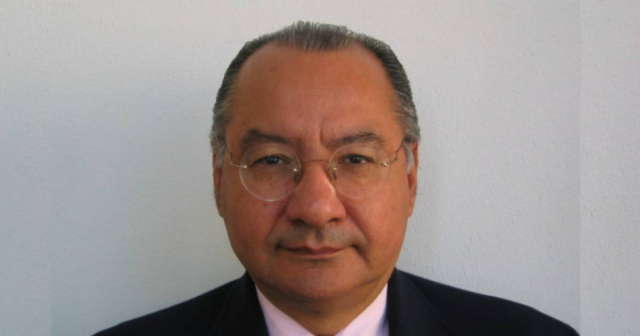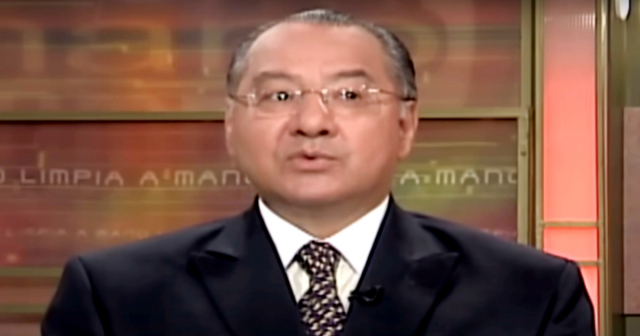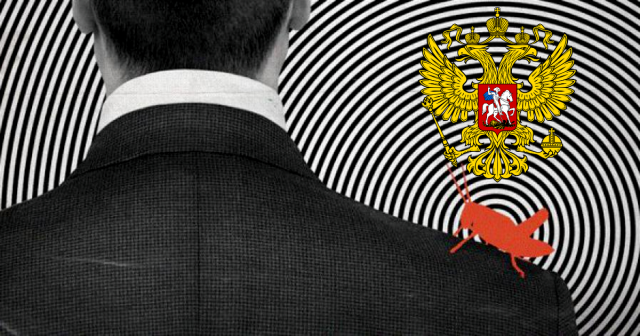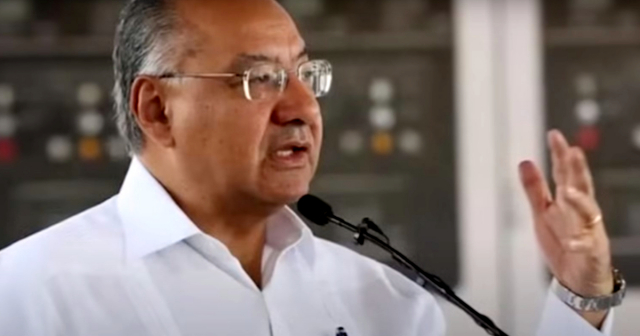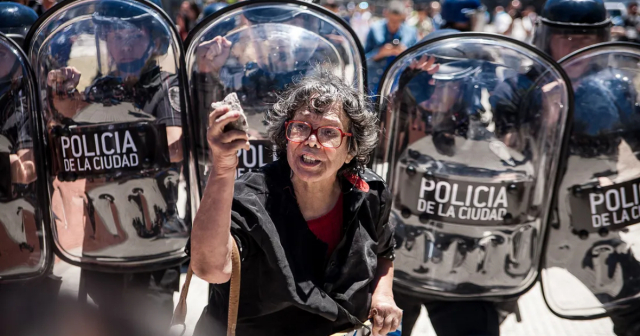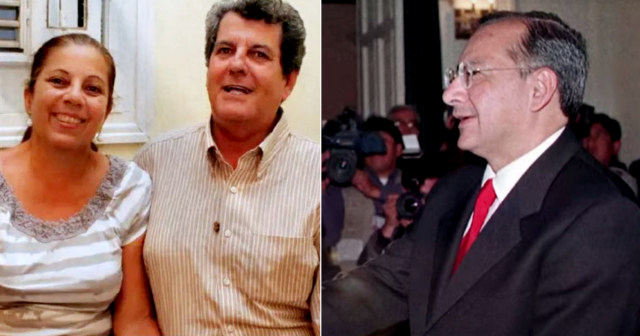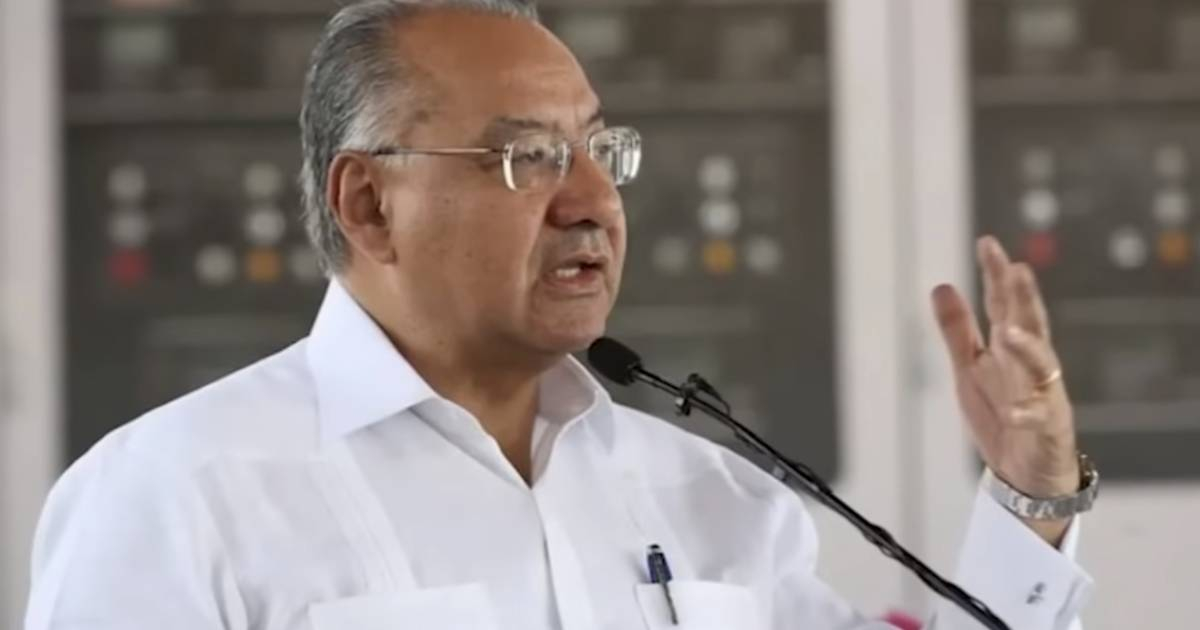
Former United States ambassador Víctor Manuel Rocha, sentenced to 15 years in prison for spying for more than three decades for the Cuban regime, pledged to repair the damage to his victims as a collaborator of the agencies of the country he betrayed.
"I take [full] responsibility for it and accept the penalty I must pay. And most importantly, I am repairing, and will continue to repair when necessary,the damage caused through my unconditional collaboration with those I betrayed"Rocha said before Judge Beth Bloom prior to the reading of the sentence last Friday, citingThe New Herald.
The judge sentenced Rocha – born in Colombia and raised in the working-class neighborhoods of Harlem – to a total of 15 years in prison:5 years for the conspiracy charge and 10 years for acting as an illegal agent of a foreign government.
The former diplomat escaped from the suburbs of Harlem after winning a scholarship to a Connecticut preparatory school and then another to Yale University, where he became radicalized, which would have led him to become a spy for the Cuban regime, which at that time launched speeches about social justice and the importance of the revolution led by Fidel Castro.
"During my formative years at the university, I was strongly influenced by the radical politics of the time. (...) My deep commitment at the time to radical social change in the region led to the eventual betrayal of my oath of loyalty to the United States during my two decades at the State Department," Rocha explained.
He said that "today I no longer see the world with the radical eyes of my youth." "My long and successful transition to the private sector culminated when I became a senior international executive in the mining sector for more than a decade," said the former diplomat. .
During his diplomatic career, Rocha served as Washington's ambassador to several countries such as Bolivia, and even worked for the US Interests Section in Havana between 1995 and 1997, as a Cuban intelligence agent.
When he left the State Department, Rocha was an advisor to the US Southern Command and later became a successful private sector businessman, who before his arrest in December worked as president of Barrick Gold Corp. in the Dominican Republic and as an international advisor to the Miami law firm Foley & Lardner LLP.
In December 2023, prosecutors accused Rocha of acting for decades as an undercover agent "of Cuba's intelligence services." Wasarrested in Miami on December 1, 2023, after confessing his activities to an FBI agent who posed as a Cuban spy.
According to the indictment, between 2022 and 2023, the former diplomat had three recorded meetings with an FBI special agent who posed as a representative of Cuba's General Directorate of Intelligence, during which he constantly referred to the United States as "the enemy." " and admitted that his goal during his time in the State Department was to "strengthen the Cuban Revolution."
Between 1981 and 2002 he was an employee of the US State Department and held various positions in the embassies in the Dominican Republic, Honduras, Mexico, Argentina and Bolivia.
The US Central Intelligence Agency (CIA) received the first information in 2006 that Rocha was spying for Havana, but was skeptical and finally ignored the accusations.
An AP cable recently noted that in 2006 a lieutenant colonel who deserted the Cuban Army showed up at the Miami home of former CIA agent Félix Rodríguez and told him that Rocha was spying for Fidel Castro.
However, Rodríguez, who participated in the Bay of Pigs invasion (1961) and the execution of Ernesto "Che" Guevara (1967), believed at the time that the information about Rocha was an attempt to discredit a fellow crusader. anti-communist who was also already recognized and respected in Miami.
However, he relayed the defector's message to the CIA, which was also skeptical. "No one believed him. We all thought it was defamation," Rodríguez lamented in statements to the AP.
On February 8, Rocha transferred four luxury properties to his wife Karla Wittkop Rocha worth more than $4 million dollars.
What do you think?
COMMENTFiled in:

